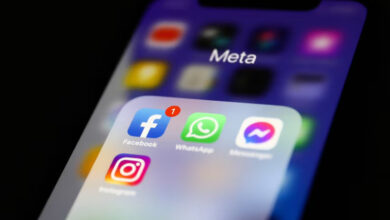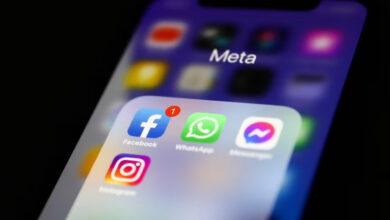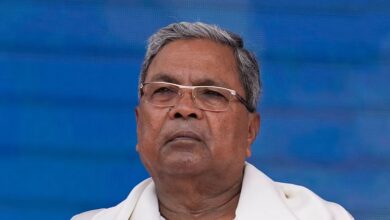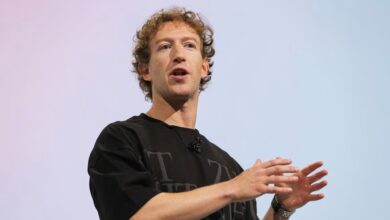On Friday, Cairo has its first Young Leaders Social Media Café, a meeting of the leaders of the new digital generation of young Egyptians. After the success achieved by the same initiative in Beirut, Lebanon and Amman, Egypt’s social media leaders launched the café at the Sawy Culture Wheel.
As Wael Abbas, award-winning Egyptan blogger and human rights activist and one of the organizers of the project, explained to Al-Masry Al-Youm, “The idea was brought up during the Young Leader Visitor Program (YLVP),” and started in 2008 by the Swedish Institute and the Intercultural Leadership Program, with the aim to support the expression of young opinion makers through a combination of personal experience and practical growth. “Establishing a long-lasting relationship between Sweden, the Middle East and North Africa by connecting and strengthening influential voices,” is the main goal, as stated on the website.
Two Egyptian (Abbas and Engy Ghozlan) and Swedish speakers (Jockem Jandenberg and Heidi Harman) tackled different themes related to the power social media has in shaping public opinion and improving life. Jandenberg, social media expert and one of the organizers of YLVP, gave a presentation on the power of social media, focusing on the incredible growth of Facebook during the recent years, reaching “about 500 million users in both Sweden and Egypt.” However, as Jandenberg explained, “The European country has about 9 million people, while Egypt registers a population of about 79 million, decreasing the percentage of the Internet users to 5 percent in comparison to the 50 percent of the Swedish population which was first acquainted with the Internet at the age of four.”
In the new era, where “we’re no longer looking for the news, but the news looks for us,” social media seems to be an indispensable part of our everyday life. But not all the effects are positive. According to Jandenberg, one of the steps toward becoming a social media user is “building our identity online, rather than carrying our existing identity [in the digital world].”
Do we, in the process, lose our identity? “This is definitely a downside of social media, which is probably clearer in Western countries than in Egypt. We still haven’t reached that point. Here, social media focuses on making changes because the society needs improvement. Some problems are maybe already here, but they’re still limited; the positive side is right now bigger than the negative one.”
The “I share, therefore I am” philosophy, for which the content loses its importance in the face of our insatiable desire to be part of the global conversation, has created knowledge. Remembering all the information is useless when we can confirm things online in a matter of moments. How can we create our background in this new digital world? Will we lose the ability to stimulate our memory?
Social media has had some positive effects so far, like trying to tackle sexual harassment, a social evil that is dangerously spreading among the youngest population, as some participants suggested. Harassmap.org, an user-generated project that allows women to report cases of street harassment by SMS, is a map that shows the “hot-spots” of sexual harassment, trying to both give a voice to women and be a reliable tool for the police. The map will be operative in the next two weeks, and in the pilot phase for six months.
The issue was deepened by Abbas through the screenings of some of videos, shot by him, which witness cases of harassment and abuse in Egypt. As the bloggers said, “Sexual harassment was a taboo only a few years ago; many Egyptians used to say that it didn’t happen.” Unfortunately, the situation is still worrying, “because of the way women are perceived of as inferior creatures, and of wrong religious and cultural beliefs. These ideas are being spread by religious channels and websites that claim that women shouldn’t mix with men, and should only stay at home and raise kids.”
According to Abbas, the situation is changing thanks to social media, even though “change requires time. We’re tightly monitored and controlled; besides, we’re not as powerful as TV satellite, which can be watched by millions of people.” The audience at Sawy Culture Wheel responded positively to the event, and were enlivened by enjoyable intermezzi from the Swedish singer Rebekka Karijord. According to Sara al-Demerdash, presenter and organizer of the event, the gathering will be repeated soon with different themes each time, organized, naturally, on Facebook.




